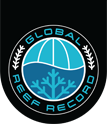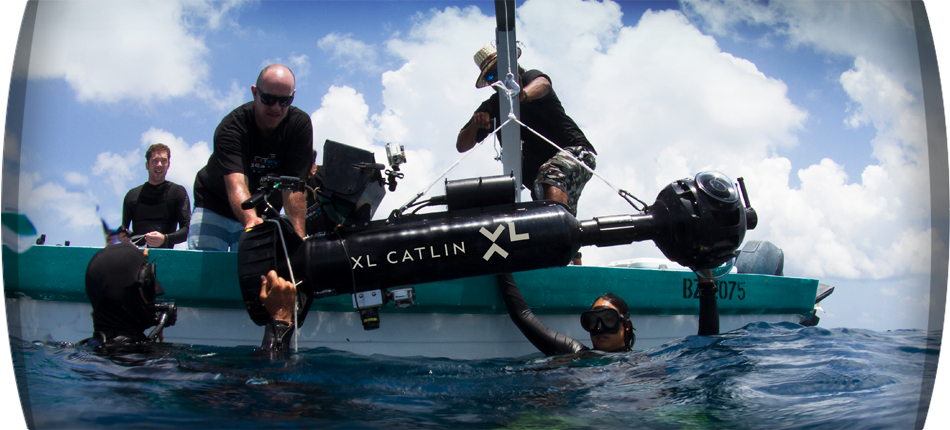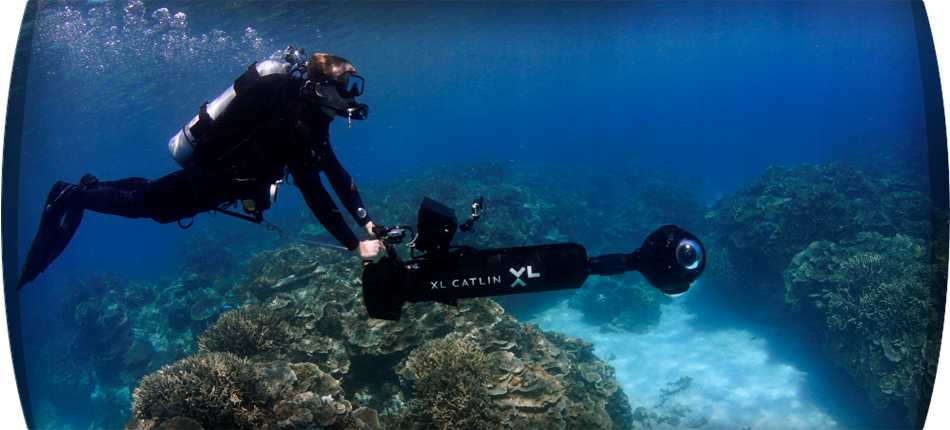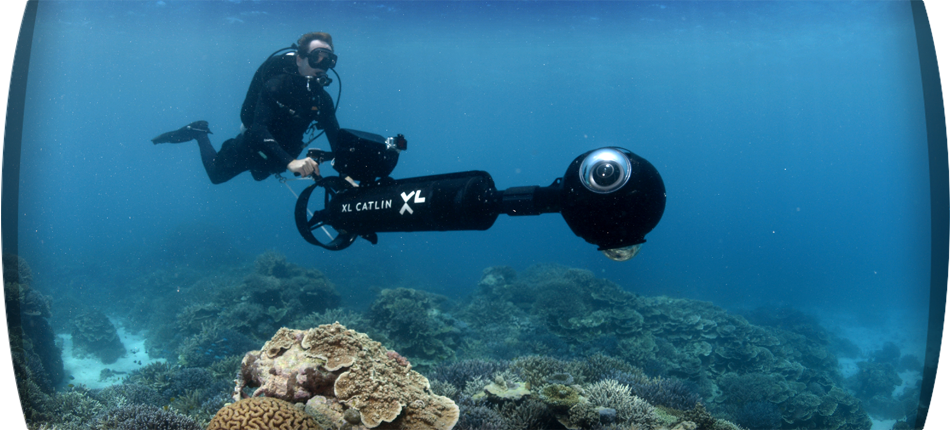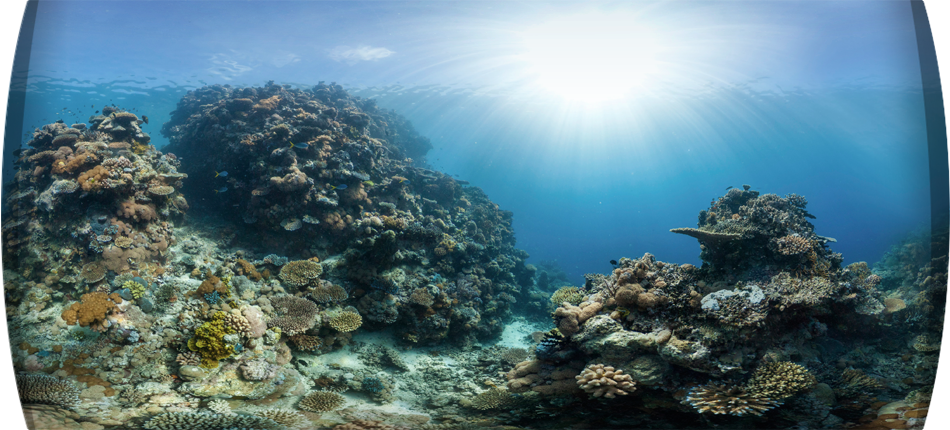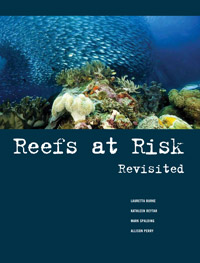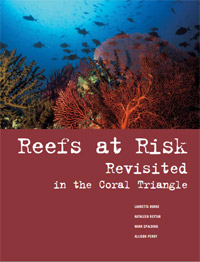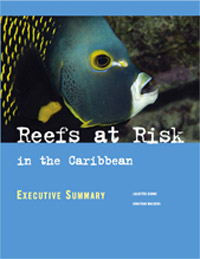A global baseline
The AXA XL Global Reef Record was a research tool aimed at collating and communicating the coral reef science of the XL Catlin Seaview Survey (now AXA XL) and combining that information with data from other leading sources of ocean research. This free database was designed to provide scientists across various disciplines of marine studies with a tool for analysing the current state of the reef ecosystems on a local, regional and global scale and monitoring changes that occur over time.
It was designed in partnership with scientists from the Global Change Institute at The University of Queensland with additional data and analysis from World Resources Institute, SCRIPPS and NOAA.
Addressing a global issue
With coral reefs deteriorating at the rate of 1-2 percent per year, it was imperative that we studied and monitored the health of these fragile, yet crucial ecosystems. Many countries do not have the resources required to regularly measure the health of their coral reef ecosystems. As a result, there is often limited baseline data or understanding of the drivers of change across entire regions of the world. Without this information, understanding change and implementing management strategies for arresting the downward trend of coral reefs is extremely difficult.
The XL Catlin Seaview Survey planned to break this pattern with this high-capacity data archive. Its huge photographic records will be at the core of this openly available record, providing an unprecedented source of data for scientists, reef managers and global decision makers. The archive will empower countries worldwide with information and analysis of the coral reef ecosystems at scales never before imagined.
The record has been designed and been made available not just for scientists. It is for everyone, from policymakers to the general public.
